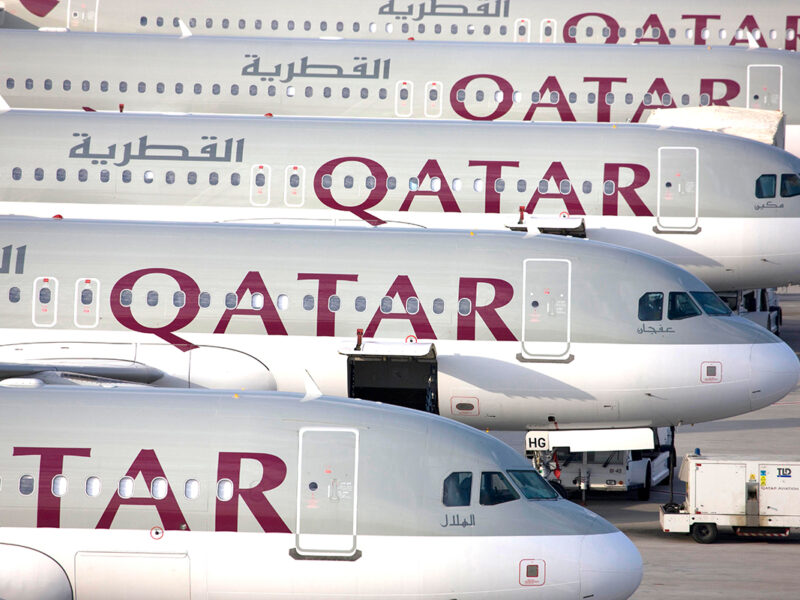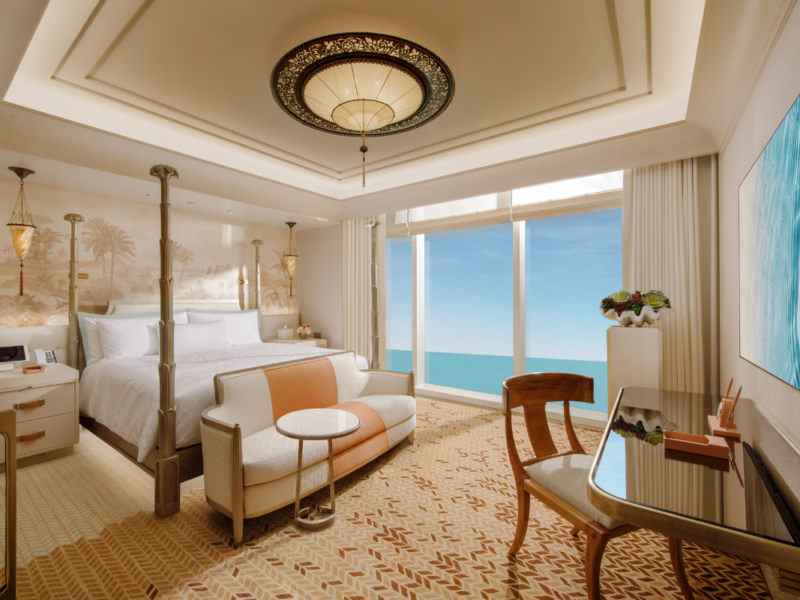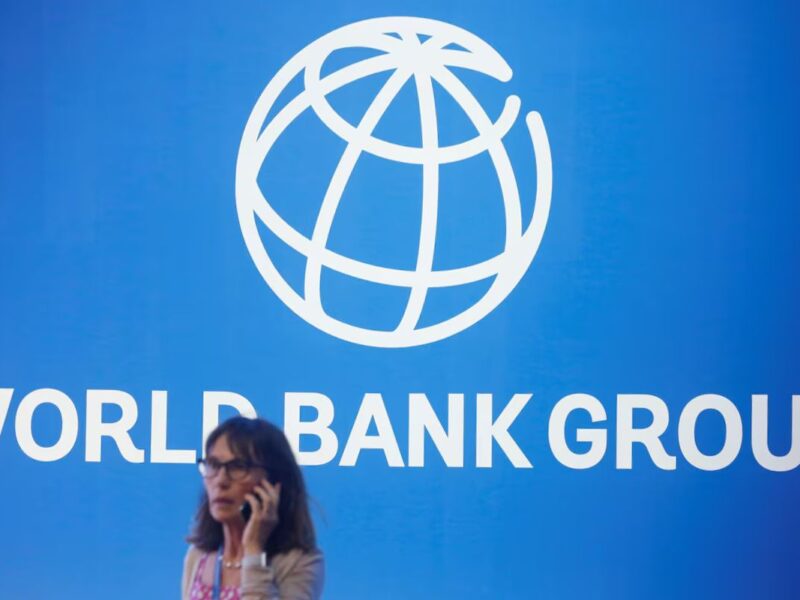Authorities in Lebanon are in talks with low cost carriers including easyJet and Ryanair about starting operations to the country in a bid to boost a tourism industry that has been rocked by political turmoil in the Arab world, including neighbouring Syria, Tourism Minister Fady Abboud said in an interview with Arabian Business.
“Indeed we are talking to Monarch Airlines, easyJet [and] Ryanair – we’re talking to all of them,” Abboud said in an interview from Beirut. “But Lebanon’s civil aviation will not give them the right to land – they say ‘yes you can come from London, but we want 25 extra flights to Heathrow’.”
Abboud said he intends to table a proposal at the July 18 cabinet meeting to endorse the plans. UK-based easyJet’s only destinations in the Arab world are Jordanian capital Amman and Marrakech in Morrocco.
“I have a complete plan that I want to introduce low cost flights and chartered flights,” he said. “The hotels are ready to give special prices. I don’t want to reinvent the wheel. I want to do what Dubai did a few years ago when they had a problem, or what Egypt or Tunisia is doing now. You know you can spend a whole week in Tunisia now for €400 in a hotel plus the ticket.”
Political upheaval against President Bashar al-Assad’s regime in Syria over the past 17 months has negatively impacted Lebanon’s economy and tourism industry. Tourism generates as much as US$8bn per year for Lebanon. Public debt in the country reached US$55bn at the end of May this year.
Some local media have reported the number of visitors dwindling by as much as 20 to 25 percent, but Abboud said the number of tourists to the country, excluding Lebanese expatriates and Syrians, only dropped by about 7 percent in the first half of the year.
Violence in Syria has seeped into Lebanon’s northern port city of Tripoli with sporadic fighting leaving about 20 dead. Saudi Arabia, Bahrain, Qatar and the UAE have all issued travel warnings advising citizens against travelling to Lebanon this year.
“Indeed they have affected us,” Abboud said when asked if the travel warnings have dissuaded people from visiting Lebanon. “I think it’s all politics – it has nothing to do with security issues. That is very clear. The Americans are not worried about the security of their people, [neither are] the Brits, the French, and the Europeans in general.”
Gulf tourists account for about 10 percent of visitors and represent 40 percent of tourism spend, Abboud said. Gulf, Jordanian and Iranian tourists have been replaced by visitors from Iraq, Europe, Syria and Lebanese expats, he added.
The number of visitors to Lebanon last year declined by 7 percent from 2010 due to upheaval in Syria, as many visitors from Turkey, Saudi Arabia, Jordan, Iraq and Iran travel to the country by road, Abboud said.
“We lost 300,000 tourists – mainly Jordanians and Iranians who used to come to Lebanon by road,” Abboud said.
The number of tourists to the country is likely to be about 1.45m, or 10 percent lower than last year, Abboud said. The country had a record 2.2m visitors in 2010.
“I’m trying to start a revolution in this country,” Abboud said. “We are nearly not having any chartered flights coming in. You look at the tickets from Europe to this country and you find that a ticket from London to Beirut – that its probably twice the price of say London to Larnaca or London to Amman or Cairo. It’s very expensive. If we can fly someone from Europe return for €300 to €400 I think we can increase our tourism by 300,000 people at least.”
“It’s a 50-50 chance,” Abboud said when asked if his proposal would be endorsed by the cabinet tomorrow. “I’m going to make the cabinet responsible,” he said, adding, “If you need tourists, we’re going to have to fly them in. We cannot fly a tourist at €1000 during this season and expect a lot of tourism.”









